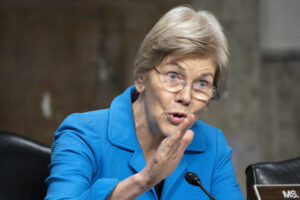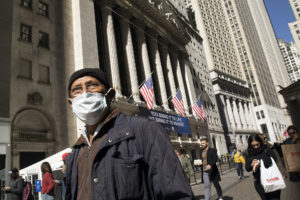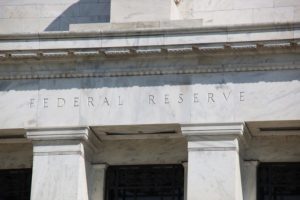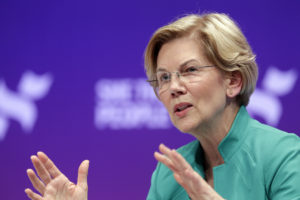Early Review of the Angelides Commission: All Puff, No Punch
Martin Berg from Where's Our Money writes: "The bankers, beleaguered as they may like to appear, have little to fear if the questioning continues as it began So far, this is no Pecora Commission, the Depression-era investigation into the cause of the financial crash that led to landmark reforms ".Your support is crucial…Martin Berg in Where’s Our Money:
Here are some early reactions to the the first hearing, now underway, of the Financial Crisis Inquiry Commission in Washington, D.C. and televised on CSPAN 2.
Three hours into the FCIC’s much-hyped first public hearing, what’s being said is less important than what is not being said.
The bankers, beleaguered as they may like to appear, have little to fear if the questioning continues as it began.
So far, this is no Pecora Commission, the Depression-era investigation into the cause of the financial crash that led to landmark reforms including the Glass-Steagall Act and creation of the Securities and Exchange Commission.
Pecora was a tough, savvy former county prosecutor who understood how to put the pressure on his targets and use the drama of the public hearing as an investigative tool. Pecora also understood that he was not explaining a crisis, he was telling a story.
My own take on the commission’s early performance is based on my experience as a newspaper reporter covering high profile cases in Los Angeles, as well as other trials that received little public attention.
The commission hearing room is not a trial. But it is ostensibly a search for the truth. The commissioners didn’t ask questions crisply in a way that would pin the nation’s bankers down to specifics. Too many of the questions were softballs that the bankers could bat back with stock responses.
The commissioners, led by former California treasurer Phil Angelides, asked too many compound questions, combined with short speeches, allowing the bankers to slither around, and offer pat answers without having to deal with the tougher aspect of the questions. Except for Brooksley Born, who asked about derivatives regulation, the commissioners also didn’t seem to be pursuing a line of questioning, instead jumping all over the place.
With an uncertain future and a new administration casting doubt on press freedoms, the danger is clear: The truth is at risk.
Now is the time to give. Your tax-deductible support allows us to dig deeper, delivering fearless investigative reporting and analysis that exposes what’s really happening — without compromise.
Stand with our courageous journalists. Donate today to protect a free press, uphold democracy and unearth untold stories.






You need to be a supporter to comment.
There are currently no responses to this article.
Be the first to respond.